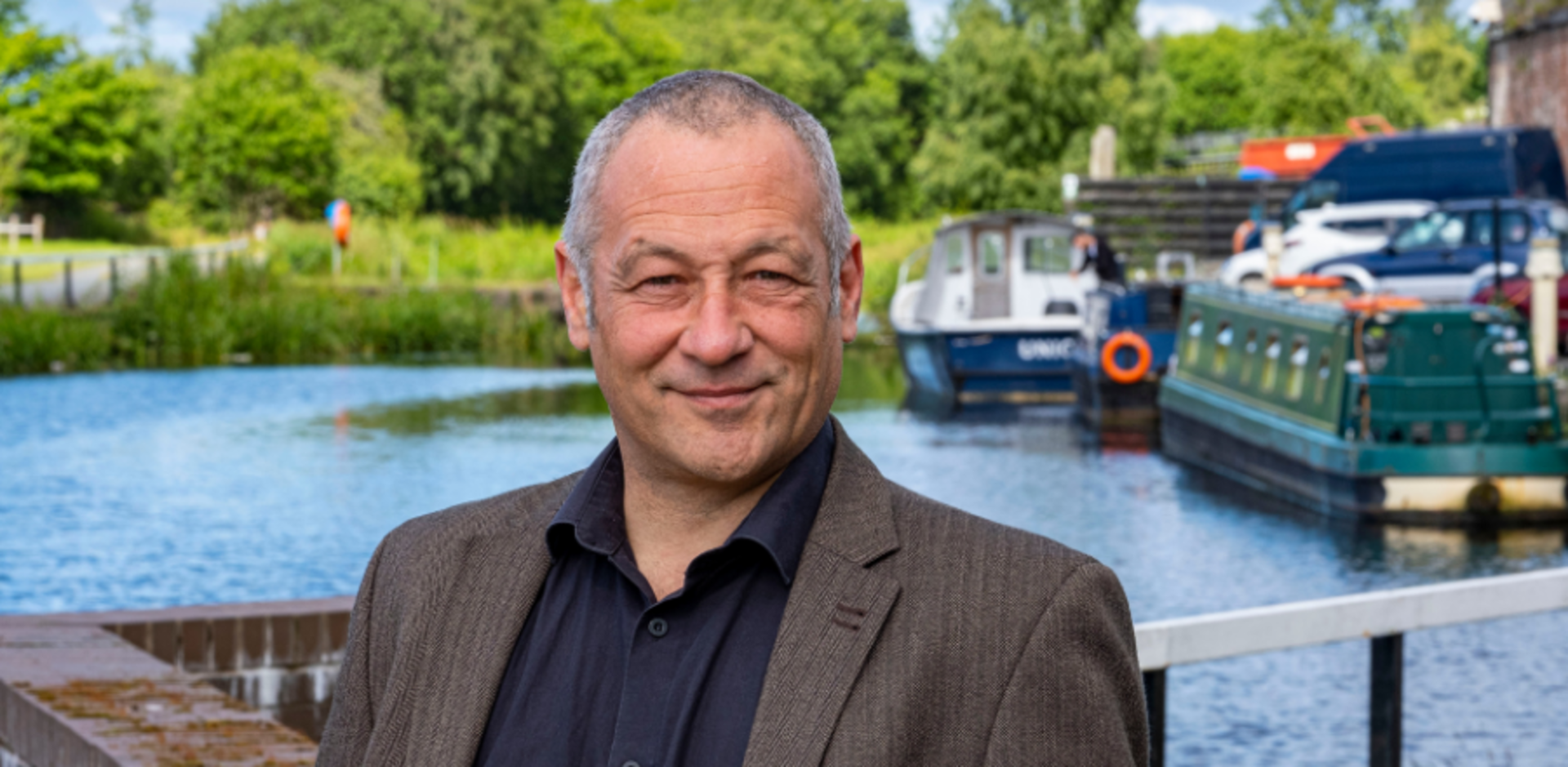World Economic Forum recognises GCU Forth and Clyde Canal study

On World Water Day, The World Economic Forum recognised research carried out by Glasgow Caledonian University (GCU) in partnership with Scottish Canals, which linked the regeneration of the Forth and Clyde Canal in North Glasgow to improved health and wellbeing.
The World Economic Forum took to Instagram to showcase the work with their impressive 3.8 million followers across the globe. The Instagram post which racked up an incredible 400,000 views within the first 24 hours of going live was then shared on the front page of their website.
GCU Professor in Health Behaviour Dynamics Sebastien Chastin, who led the research, said: "Internationally, World Water Day is a chance to look back over the last year and recognise the success and innovation of scientists, water management and those who have contributed to the sector globally."
The body of work carried out in partnership between both organisations highlight the wider health benefits of all blue spaces while part of the research, a global first funded by The Data Lab, revealed a three per cent decline in mortality rates over a 20-year period in communities that live within 500m of a canal that has undergone major transformation.
GCU PhD researcher Michail Georgiou said: "I am honoured that The World Economic Forum has chosen to celebrate Glasgow Caledonian University's study on urban blue spaces as a highlight of the previous year. With canals and rivers flowing through many towns and cities globally and more than two thirds of the world's population forecast to live in a urban area by 2050, this research shows the scale of impact that can be achieved by investing intelligently in blue and green spaces."
The Glasgow research looked at the impact of regeneration along the Forth and Clyde Canal in North Glasgow – one of Europe's most deprived areas – and highlighted the significant physical and mental wellbeing benefits that can be achieved from investing in regenerating urban waterways globally.
It was revealed that the regeneration of canals and rivers in cities around the world can positively impact health and health inequalities – leading to a decrease in mortality rates in surrounding locations and reducing the gap between deprived and affluent communities.
Catherine Topley, CEO of Scottish Canals, said: "I am delighted that the World Economic Forum has showcased the health and wellbeing benefits globally of regenerating canals and blue spaces on World Water Day.
"Scottish Canals and our partners at Glasgow Caledonian University, Glasgow City Council and elsewhere have driven a multi-million pound regeneration initiative along the Forth & Clyde Canal in North Glasgow over the past 20 years. We have seen that creating a safer, more welcoming and easy to access blue and green space has directly helped to tackle health inequalities among those communities lining the canal banks."
She added: "What is so exciting is that this collaboration shows other towns and cities around the world that investing in blue spaces, such as canals, can generate significant social returns that not only benefit individuals but society as a whole."
Today, 55 per cent of the global population lives in urban areas, a proportion that is expected to increase to 68 per cent by 2050. Waterways are part of the urban fabric of most cities, as can be found in Scotland where 1.5 million people live within 3km of a canal.
The next phase of GCU's study will analysis the impact the regeneration of the Forth and Clyde Canal in North Glasgow has had on non-communicable diseases.
To read the Glasgow research paper please click here. The wider research paper on green and blue spaces can be found here.
